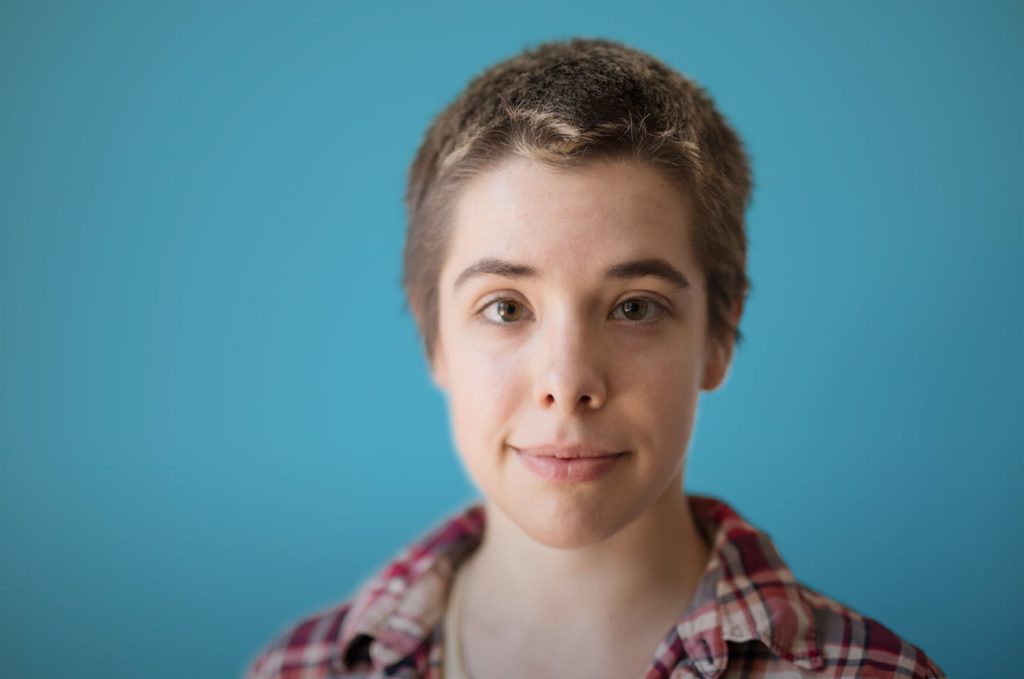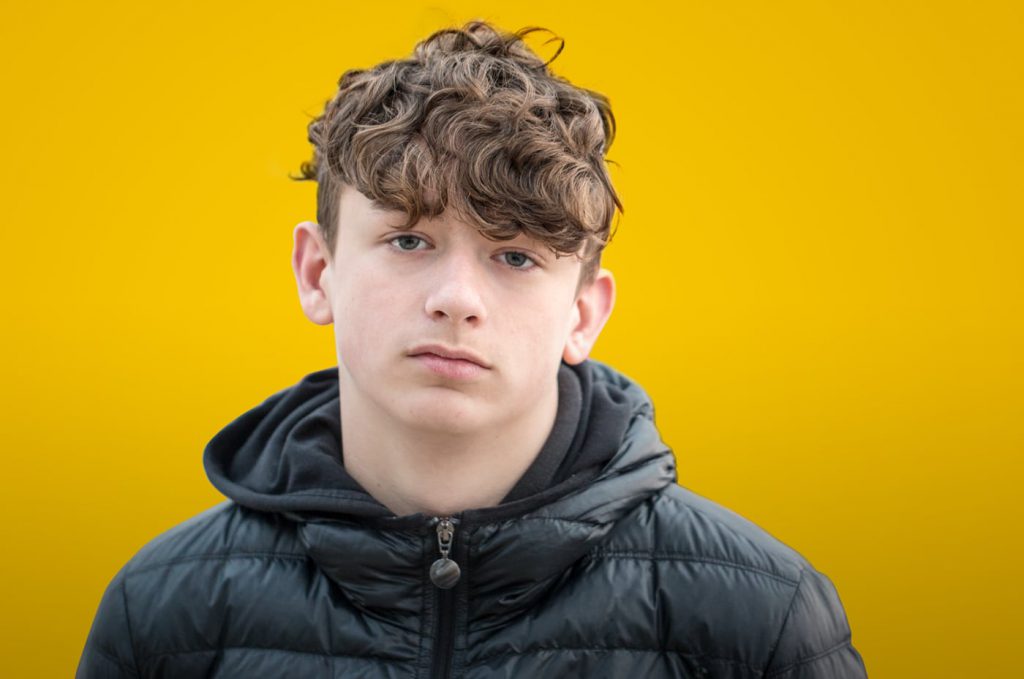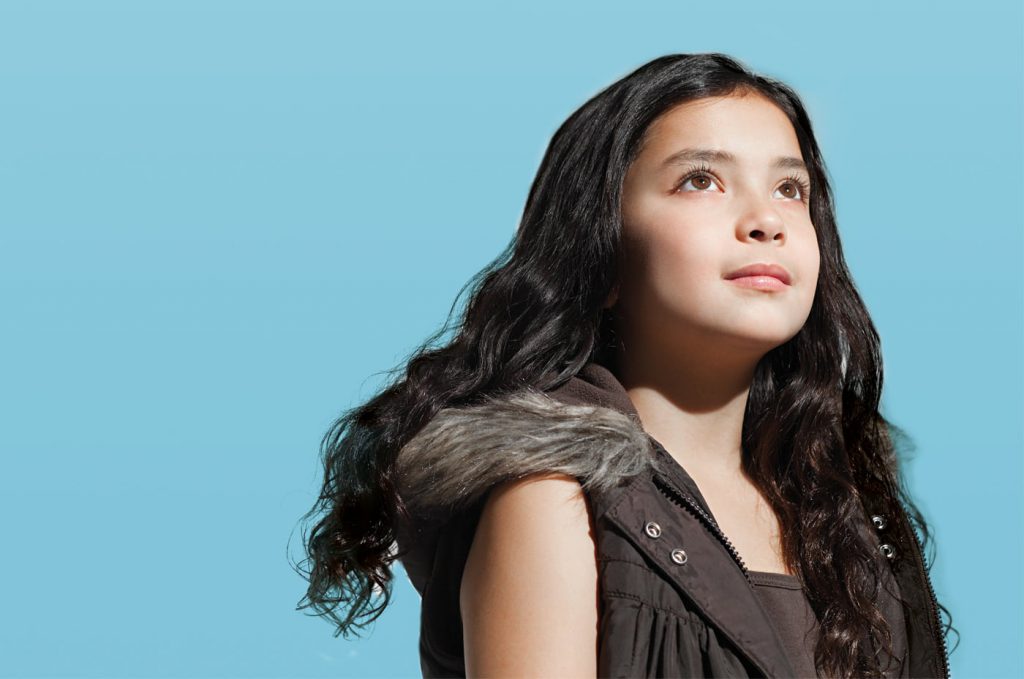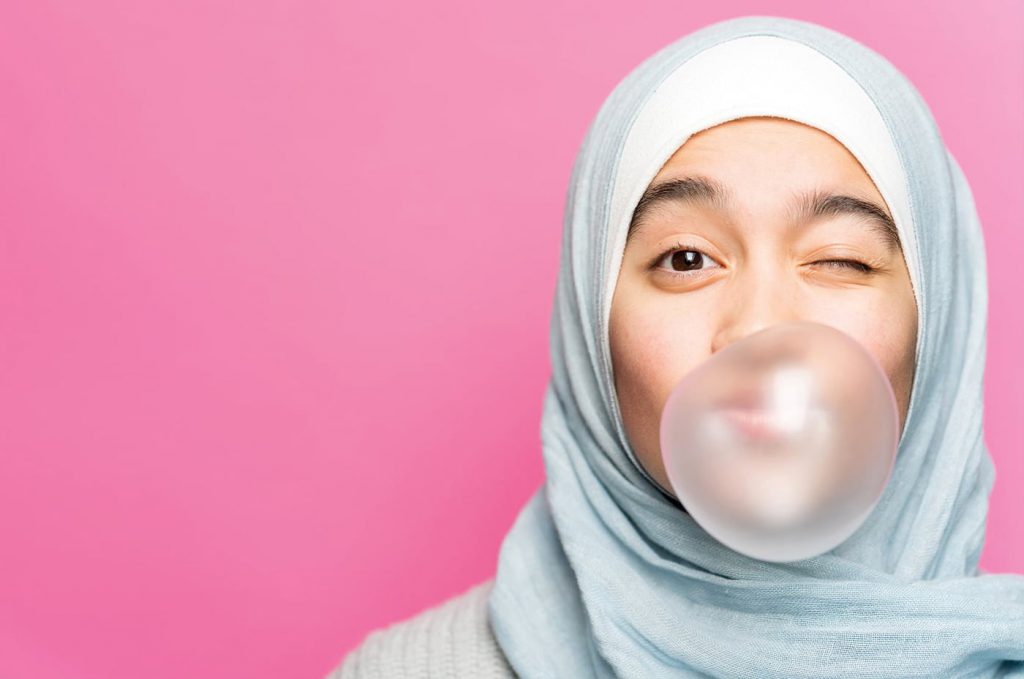If you are supporting a young person who self harms or has been through sexual exploitation or abuse, it is important that you access the information and support that you need so that you can help them to stay safe from harm.
If they are self harming, the following tips may be useful:
Do
React calmly without anger or judgement – talk honestly about the effect their self harm may have but in a way that shows compassion
Talk to them when they feel like self harming and try to understand their feelings
Help them to think about their self harm not as a shameful secret but as a problem to be sorted out together
Find out about getting help and encourage them to get support – maybe go with them to see someone
Make sure that you talk to your supervisor or someone close to you so that you get some support
Don’t
Expect them to stop overnight – it’s difficult and takes time and effort
Become too controlling or make them promise to stop as a condition of your support – provide structure
Make yourself responsible for their self harm or become the person who is supposed to stop them You can find out more about our services here and how to refer a young person here.
Resources for School Staff
Service information
We are accepting referrals. There is a waitlist and if we are unable to provide a space in 6-8 weeks we will review and may discharge. See our Signposting page for other suitable services.
If you need to speak with someone now, call Childline 0800 1111 and someone will listen. Over 18? Call Samaritans 116 123. (Both are FREE)
If it is an emergency, call 999. Last updated 02/12/2020.

Self Harm Peer Support
Young women and female to male or non-binary transgender young people ages 13-16 years can join our weekly group. The group is held weekly after school in the wïsh centre.
We are still accepting referrals for this service over this period, and running a mix of digital and face to face in line with Government Guidance.
Safe to speak
Long term open ended therapy for young people ages 12-19 who are self harming. Young people need to be attending a Harrow school or be able to come to the wïsh centre for sessions. We are still accepting referrals for this service over this period, and running a mix of digital and face to face in line with Government Guidance.
We can also offer 1:1 support for young people who self harm ages 19-25.


Positive changes
Weekly peer support group for young people (mixed gender) ages 15-19 years with mental health vulnerabilities to develop new skills, friendships and confidence through volunteering and campaigning. The group is held weekly after school in the wïsh centre.
We are still accepting referrals for this service over this period, and running a mix of digital and face to face in line with Government Guidance.
Safe step
Early intervention and prevention of self harm and child sexual exploitation for children ages 8-12 years. Arts based and talking therapies. Children will be seen weekly at their Harrow School.
We are still accepting referrals for this service over this period and will risk assess case by case.


Outreach
Up to 4 sessions with our Youth Support & Participation Worker to explore the best options for you or for the young person and help them engage with the wïsh centre or other services. Young people can be seen in school or at the centre.
We are still accepting referrals for this service over this period, and running a mix of digital and face to face in line with Government Guidance.
We will not accept a referral if:
- The young person hasn’t consented
- The young person is currently using class A drugs
- The young person has a recent history of violence or exploitation of others
Acceptance of a referral for a young person who has made a recent suicide attempt or who is currently involved in high risk CSE will be dependent on the outcome of our risk assessment.